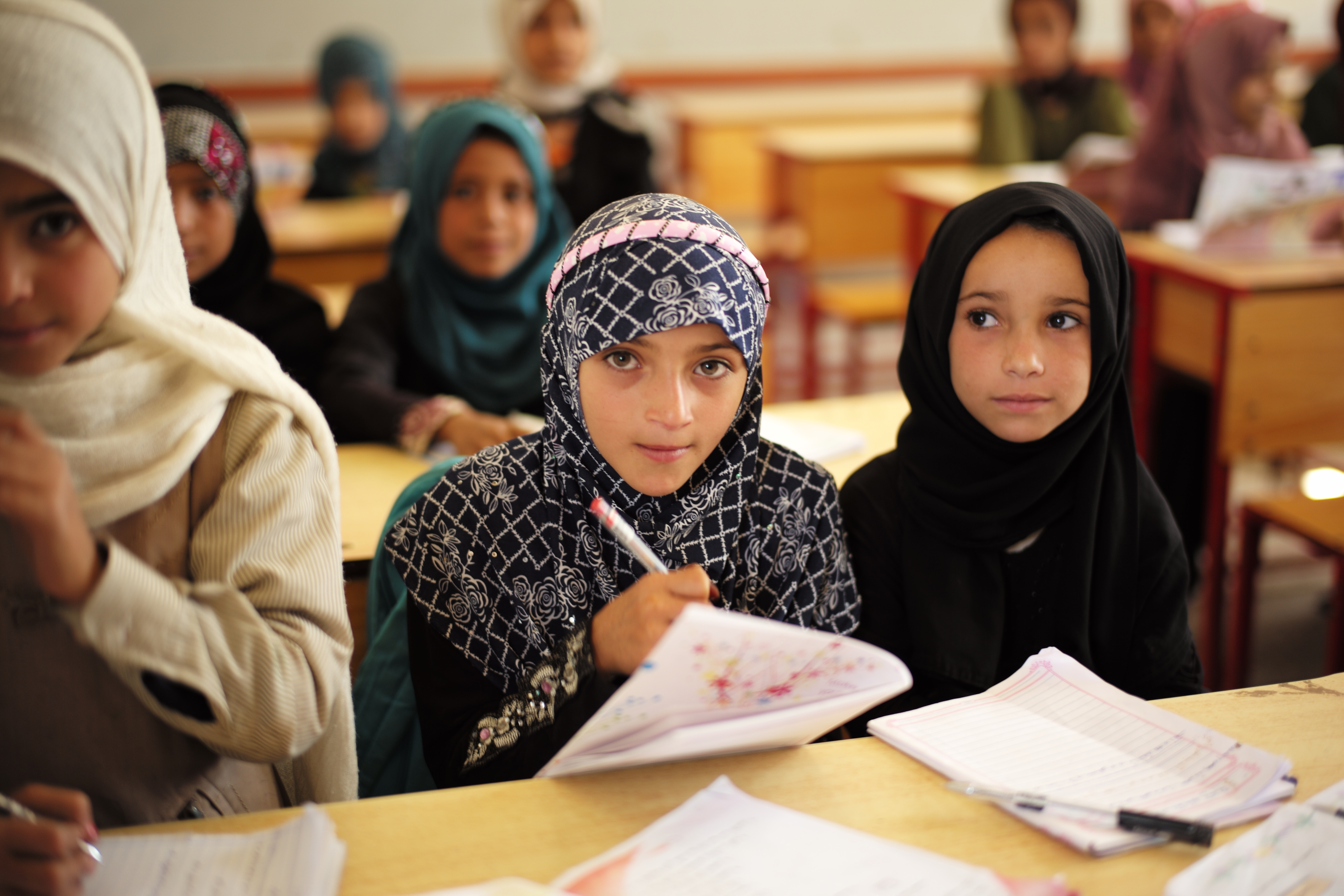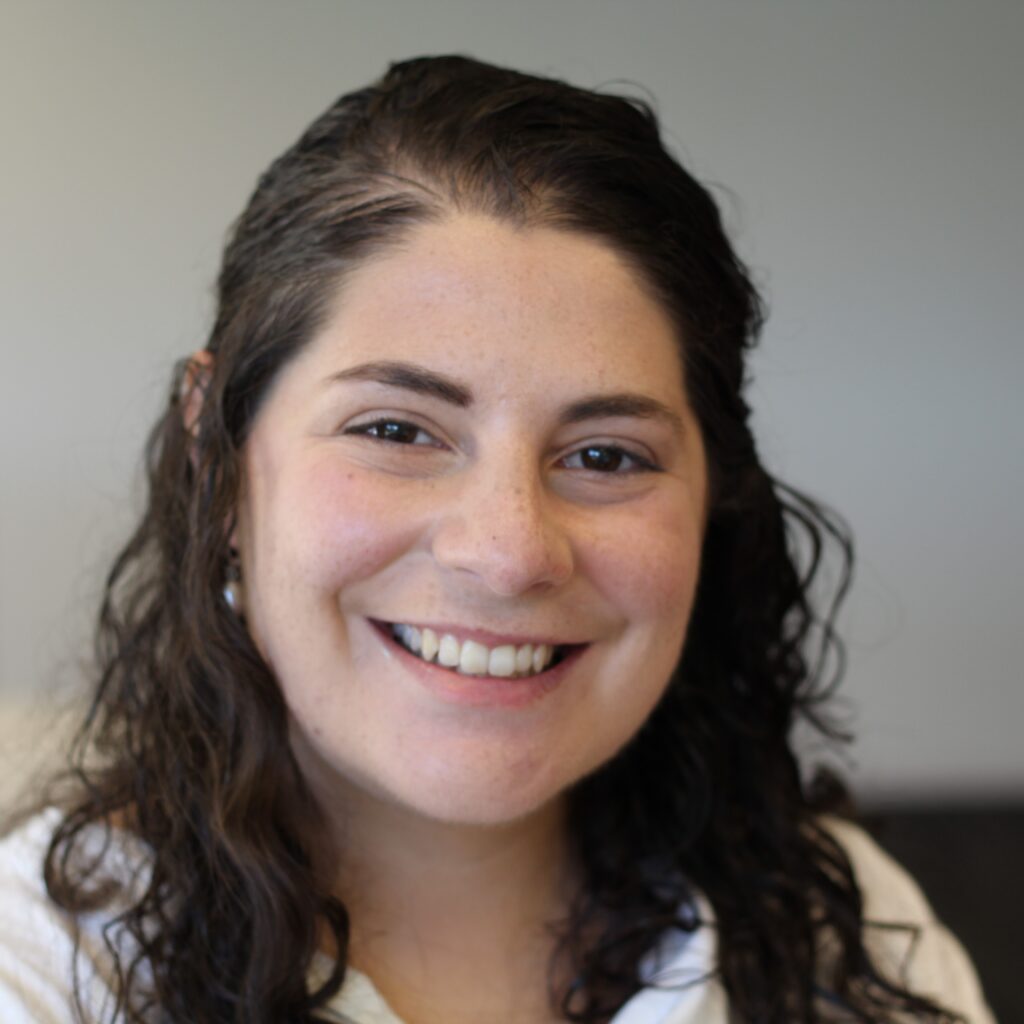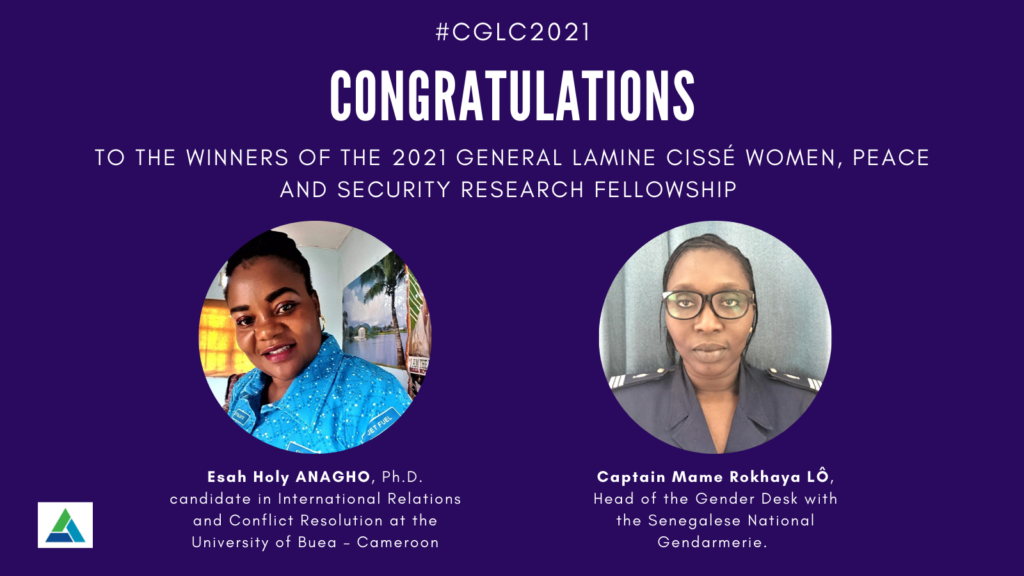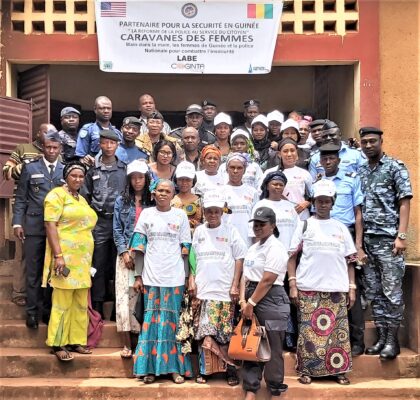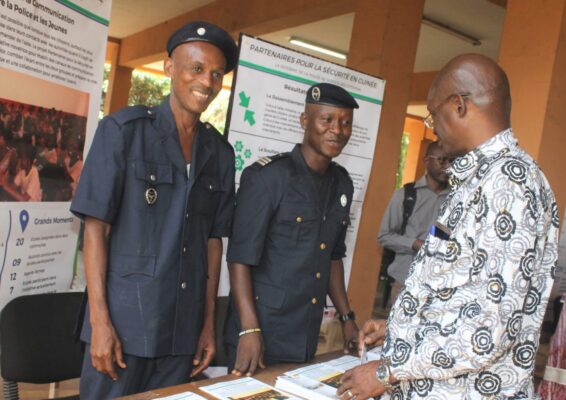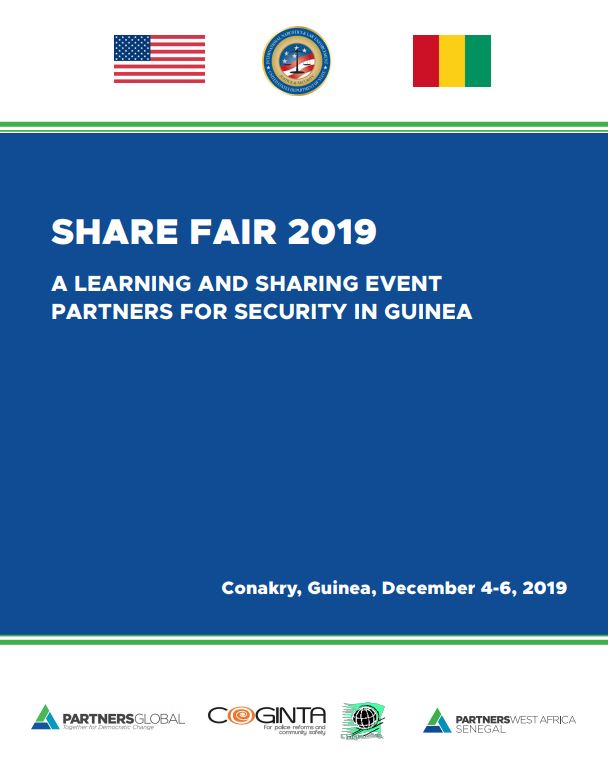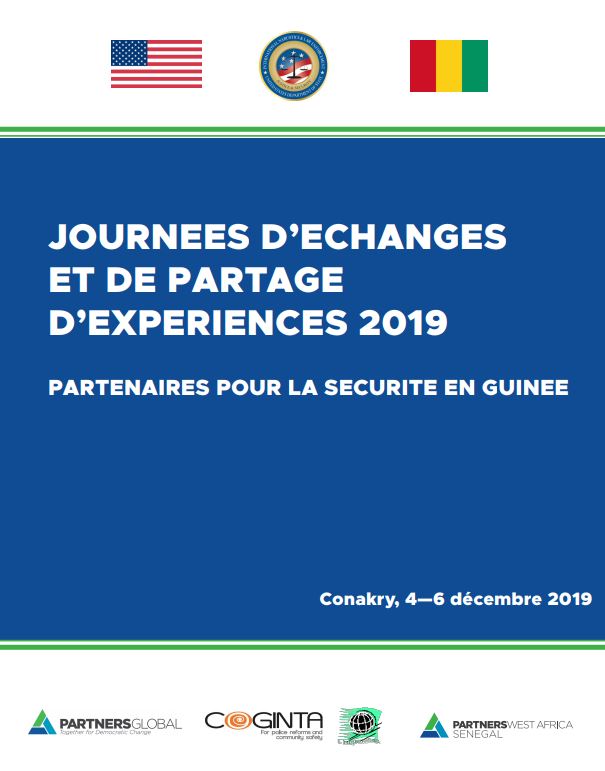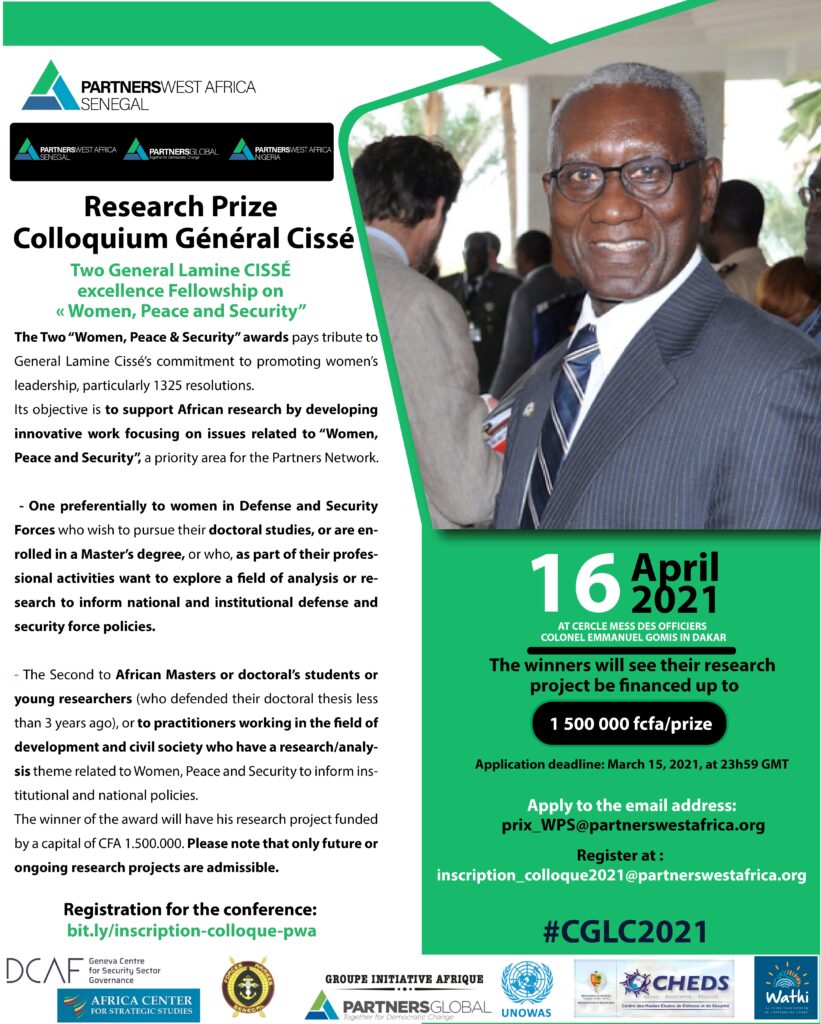Each morning, fourteen-year-old Fairouz woke up early to take the long walk to get water from a spring outside Al-Manwar, a small village surrounded by hills and green terraced fields in Ibb governorate in Yemen. After she completed 8th grade, Fairouz left school to help her family with everyday errands, such as collecting water and firewood.
“In our village, girls have to fetch water, collect firewood, or tend sheep. My father insisted that I stop going to school in order to help get water for the family… I used to get up in the morning to get water and see other girls going to school. I burst into tears seeing them going to school. I used to ask myself, ‘Why do I not do that? Why does my father not let me go to school?’”
The Roots of Community Level Conflict
Al-Manwar is located about 200 kilometers from Sana’a, on a remote clifftop at the end of a series of dilapidated roads connecting the village to the city of Jeblah. Life in Al-Manwar can be difficult for residents of the village – particularly young girls. For years, they trekked across unpaved roads to reach their school, located 1200 meters from the village. Despite this distance, many girls were able to attend school until the country-wide conflict began in 2015. The war waging across Yemen took a toll on the area’s economy and the ability of its people to access basic services. After the conflict began, the electricity that powered local water pumps stopped flowing to Al-Manwar and families started connecting a haphazard network of private pipes to the local spring.
This created tension in the community, with some unable to afford the equipment to build the pipes. In 2016, a group of young men who saw this system as unfair destroyed many of the pipes, disrupting the flow of freshwater to village residents. Since then, young girls have borne the brunt of collecting water for drinking and washing, dropping out of school in order to carry out this task. Throughout each day, girls from Al-Manwar walk more than a kilometer along the long path to the spring and carry water back to their families’ homes. Carrying the containers on their heads, these girls walk down narrow and difficult paths fraught with danger, scared of what they might encounter. Many face sexual harassment from young men when they walk alone.
After several years of conflict within the community, local residents and community leaders of Al-Manwar were desperate to find a solution to repair the social fabric, bring water back into the homes of villagers, and help the girls go back to school.
Then in 2021, local organization Al-Shaimaa Foundation, together with PartnersYemen, designed an initiative centered on community dialogue and building support for a new water system. At the heart of the initiative was the creation of a seven-member Conflict Resolution Committee that included local sheiks, authority officials, and other influential community members and whose mandate was to peacefully resolve community issues in Al-Manwar.
Employing Dialogue to Find Sustainable Solutions
An initial dialogue was facilitated by Al-Shaimaa Foundation and PartnersYemen to assist the committee in finding a solution to the water crisis. The committee proposed the establishment of a consolidated water supply network to deliver water equally to all local households. Using their enhanced dialogue and facilitation skills, the Committee was able to secure an agreement with all the relevant parties, including a man who lived near the spring and had benefitted the most from the status quo. The negotiated compromise included extending a water supply pipe to his house.
Shortly thereafter, the villagers signed a reconciliation agreement that set the terms for access to the water supply network, formed a maintenance committee for the system, and established a mechanism for dealing with any future conflicts around water management in the village.
Two weeks later, fresh water reached Al-Manwar’s village center.
Today, Fairouz is back in school and excited about the opportunities now open to her in the future. Fairouz’s new reality only became possible after the intervention of Al-Shaimaa Foundation and PartnersYemen, who helped create and then worked together with the Conflict Resolution Committee to address a set of issues that had plagued the residents of Al-Manwar since 2015. Young girls like Fairouz, who had disproportionately suffered before the project, now benefit the most from the new water system. In all, the 23 girls who had dropped out of school were able to go back and continue with their studies.
“Had water not been delivered to the village, my father would not have been convinced to send me back to school… Thank God, I have resumed classes and I go to school regularly,” Fairouz said. “Now, water is in the vicinity of our home. We no longer need to fetch water from that faraway source.”
PartnersYemen’s Work with Communities
Since 2016, PartnersYemen has set up over 90 similar community committees in 18 governorates across Yemen. These committees have served as essential links between community members and local authorities by resolving conflicts that provide more equitable access to local services. Some committees have even established their own new civil society organizations, sustainably advocating for changes at the local level.
In recent years, PartnersYemen and its local civil society partners have found that such committees – when provided with guidance and technical support for facilitation and dialogue – can play key roles in resolving conflicts, forging multiple community reconciliation agreements over resources and service delivery issues.
Partners’ local network of CSOs, of which Al-Shaimaa Foundation in Ibb is a key member, is an important local link to communities across the country. These organizations use their knowledge of local community dynamics to select the local CRC members, develop the Committee’s scopes of work, and provide guidance to help mediate reconciliation sessions with conflicting parties.
While Fairouz and her classmates have benefited greatly from this initiative, important work remains to be done both in Al-Manwar and other underdeveloped rural areas across the country that have suffered under the pressures of the conflict. By utilizing similar conflict resolution and dialogue tools, and with support from Yemeni-led civil society organizations like PartnersYemen and Al-Shaimaa, other communities may be able to work towards sustainable solutions like Ibb’s water system to strengthen their communities and provide opportunities for the most vulnerable.
This piece was co-written by Saddam Al-Dhelaa, PartnersYemen and Matt Ciesielski, PartnersGlobal. For more information on our work in the Middle East and North Africa, please visit our website HERE.
Photo Credit: Girls in School by Julien Harneis
